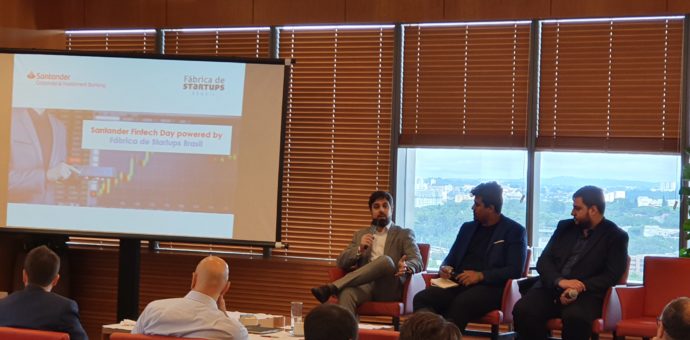The big challenge of the cryptocurrency sector is about taxing, says Transfero Swiss’ Head of investments, Carlos Russo. That is, it is not known whether cryptocurrencies will be taxed as currency or as a commodity, since they are in a gray area between the two.
This lack of regulatory clarity drives investments away from large blockchain institutions. “It’s a risk from a tax point of view, it creates insecurity in the market”, he said.
The trend is that the bill under discussion in Congress will reduce this uncertainty. However, the final report is not ready yet and there is still no expected date for its conclusion. With the elections calendar starting at the end of the year, the market fears that the project will only be approved next year.
Although the industry is not regulated, market participants themselves sought to adopt market compliance best practices, says Foxbit CEO João Canhada. And the only existing regulation, normative instruction 1.888, is severe with exchanges than with banks.
“I believe that the sector is already in compliance with the possible regulations that will come. Exchanges should be regulated directly by the Central Bank”, evaluates Canhada.

Bitcoin as a means of payment
Executives also talked about using bitcoin as a means of payment. For Carlos Russo, the bitcoin is not good as currency, as with the gold, but as a store of value. The stablecoins, such as BRZ and the tether dollar, are expected to fulfill this role of use in everyday life. And this movement could end up being headed by the central banks themselves, which are already looking at it.
While bitcoin network developments like Lightning Network can enable it as a means of payment, bitcoin owners don’t want to spend bitcoin because of its prospects for appreciation. “People always choose the worst currency for everyday use”, Canhada says.
This perspective of appreciation is very much linked to the scarcity of the bitcoin, which is defined by software, and perspective of adoption. In the short term, the halving event – cut by half of the reward for cryptocurrency mining – is taking price expectations up. “It was in the halvings that the BTC reached its price peakes”, Canhada recalled.

Fintechs, banks and investors in the same environment
Canhada and Russo participated in Santander Fintech Day, an event promoted by Santander in partnership with the Fábrica de Startups, which brought together in the same space fintechs, banks and investors. These agents discussed the direction of the market with the emergence of new companies, business models and with new regulations, such as open banking.
The discussions focused on the disruption that fintechs are causing in the banking industry and how banks see this move. The understanding is that the best solution for the new industry that is emerging is the partnership with banks and operation under well-established and profitable business models.







